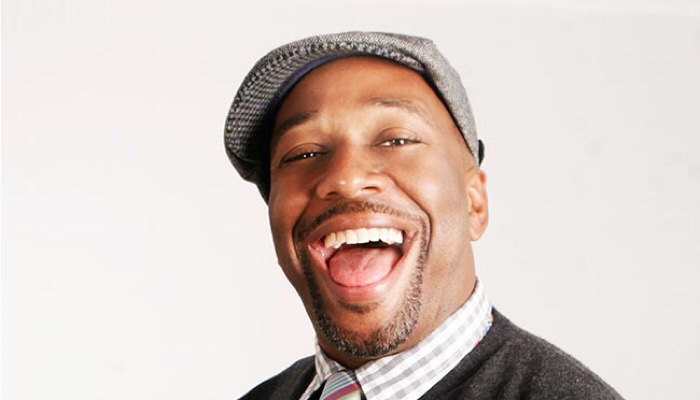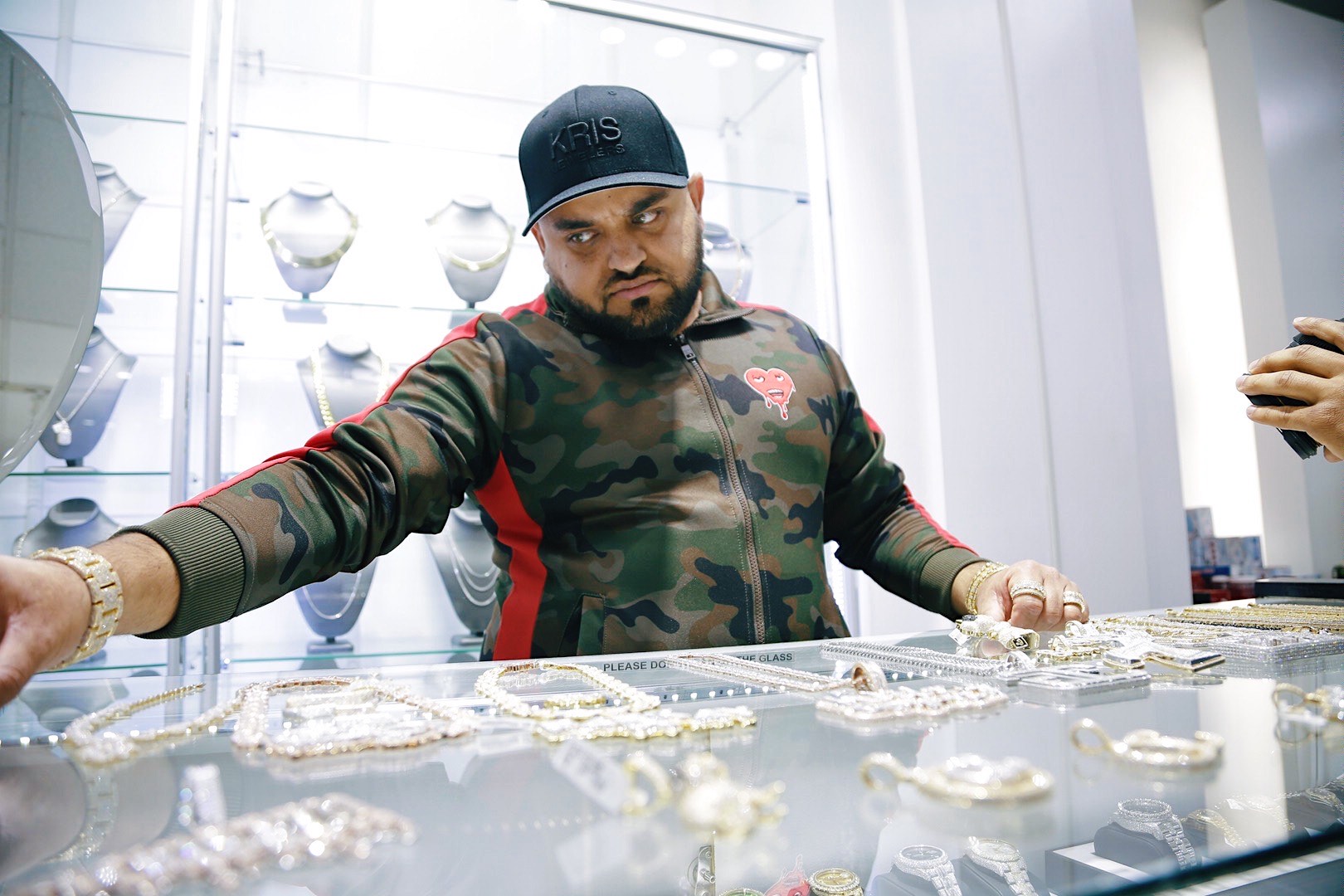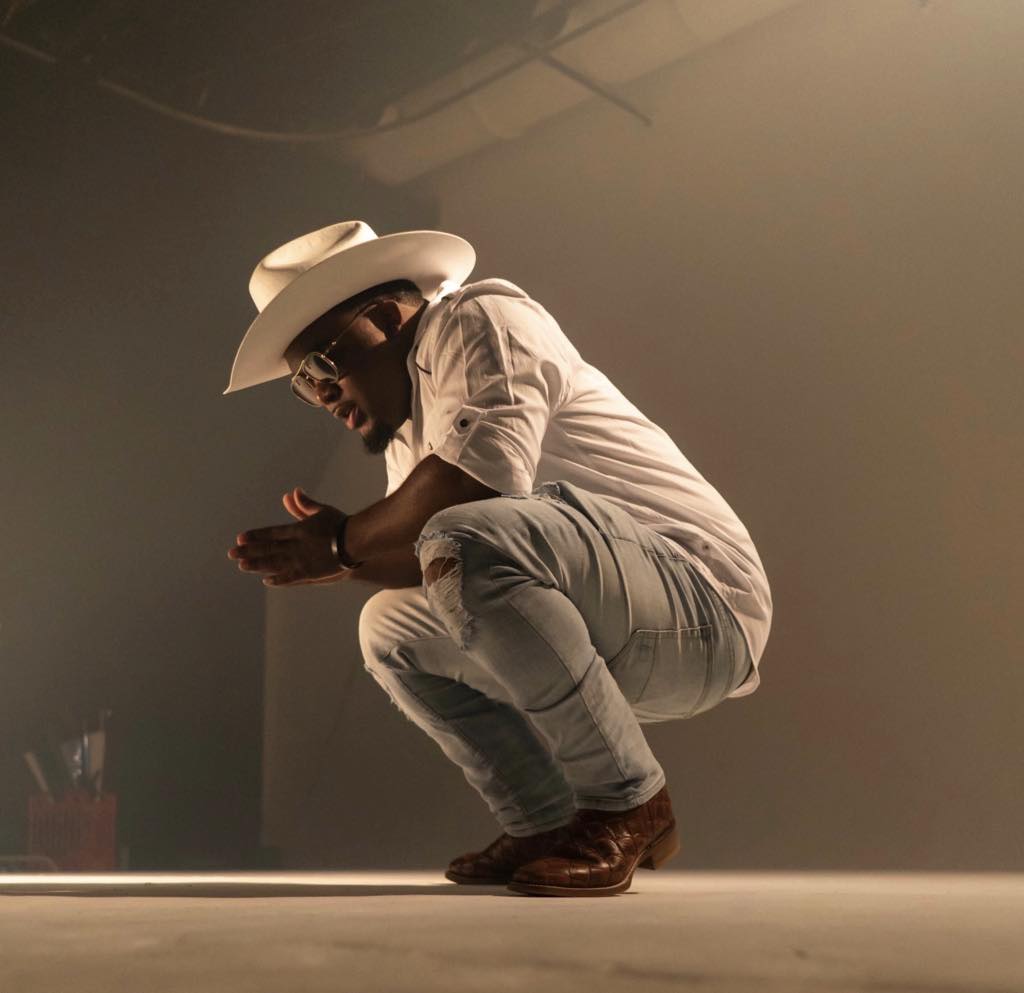From 1994 — 1999 comedian Joe Clair, and co-host Big Les, brought us the best in hip-hop culture on BET’s Rap City. We recently chatted with Joe, who shared some stories, fond memories of Rap City, his thoughts on 106th & Park going off the air and his mixtape. Be sure to follow Joe on Twitter for all his updates and show dates. Interview after the jump.
How did you get involved with BET?
I had just graduated from college, and I felt like there was space for an educated, sort of collegiate voice in hip-hop, and I thought that I could be him. I was living in DC at the time – the BET headquarters wasn’t not too far from where I lived, so I picked up the phone, called 411, got the number and started calling these guys on a regular basis. I was leaving messages for the producer on his answering machine. I called this guy for about, maybe ten months to a year – I can’t remember correctly – but it was about that long.
In the interim, one of the associate producers saw me perform, and a month later after he saw me perform, a friend of mine was going to DJ on ‘Rap City’, but they didn’t have a place to shoot – so I asked them, ” Why don’t you come to my house and shoot?” The next day, ‘Rap City’ came to my house.
[chuckles] — That’s an amazing story
Yeah man, that’s how I felt. You could imagine it happening to you. That’s how I felt. When they showed up the associate producer was like, “man, what’s your name?” I told him “Joe Clair.” He asked, “you’re a comedian, right?” I was like “yeah.” He said he saw me open for Paul Mooney and thought I was hilarious. He said maybe we could do some things together. A couple of minutes later, in walks the guy I was looking for – who I’d been calling – and the rest is history, so to speak.
What were some of your best memories of being on ‘Rap City’?
Best memories – man it’s hard to pinpoint. Imagine being in your twenties, and single, and a comedian. So I’m touring and I’m doing all the comedy stuff, and I ‘m on television five days a week, interviewing rappers. I want to say the whole thing was my best memory of ‘Rap City’, you know what I mean? But some of the outstanding moments would be…the realization that I got one of the final interviews that Biggie gave or that I was sitting and smoking a blunt with Tupac while he played the Makavelli album before it came out.
In the audio clip below Joe shared with another memory – meeting Rakim for the first time at the Greatest Day In Hip-Hop History cover shoot.
Smoking a blunt with Biggie – days before he died – was mind-blowing
‘Rap City’ literally went from being in the streets, to becoming a more structured, “polished” production. What’s your take on the evolution it took?
At that time, it took on the eventual life that we had been dreading from the start and that’s when the powers that be, that didn’t have a real foot in the culture, got their hands on it. It was going to be exploited, and – not to say that I’m mad at that – I wasn’t looking forward to that if it meant the playing down of some of the authenticity, some of the intelligence, some of the stuff that actually made it a culture. Playing down of the other aspects of hip hop that didn’t generate money so much, but made it what hip hop was. They forgot about breakdancing, and they forgot about graffiti – they forgot about all that. We live in a capitalistic society so of course I suppose this had to happen but at the expense of what? Well, now we can look back and see what the expense was.
Tell me about your album 20 Years Too Late.
I’ve done a lot of things since ‘Rap City’, man. You just keep going; you know what I mean? I got into entertainment as a comedian, and I got into media through my love of hip hop. But from that, I’ve got a complete knowledge of how the entertainment industry operates – what works, what doesn’t work and a lot of life lessons along the way. The album that you just talked about, or the mixtape as I like to call it, was a culmination of where I had been, and I thought that now was the time for a voice that didn’t sound like all of the other voices. I feel like that project was a precursor to something bigger for me. I don’t know exactly what that ‘bigger’ is yet. You know in life things play themselves out all the time, so look forward to hearing my voice in some way real soon. And either with a bigger message or with more wattage, so to speak, you know what I mean?
In the clip below, Joe shares his thoughts on 106th & Park going off the air.
Listen to Joe Clair’s 20 Years Too Late here.
— Riley Wallace






